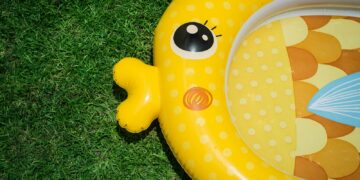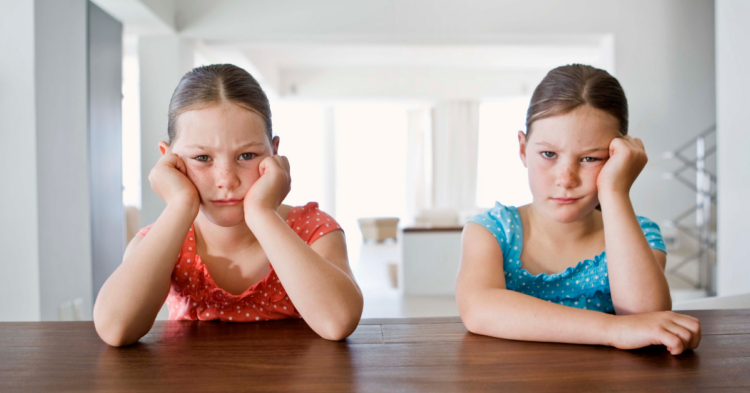The start of summer means the end of school, which also means a lot of parents are about to find themselves suddenly responsible for finding some way to keep their high-energy children occupied those months they aren’t in a classroom.
I know from experience that any parent’s instinct is to fill up their child’s wide-open schedule with a slew of summer activities to keep them busy. But some psychologists are now saying that’s actually the opposite of what parents should do.
Instead of over-scheduling their children, parents are encouraged to let their kids simply be bored during those summer months.

According to Quartz , filling up children’s days is unnecessary and can actually keep them from discovering their own unique interests.
Child psychologist Lyn Fry said it is the parent’s role to prepare children for their role in society.

“Being an adult means occupying yourself and filling up your leisure time in a way that will make you happy,” Fry said. “If parents spend all their time filling up their child’s spare time, then the child’s never going to learn to do this for themselves.”
Other psychologists have come forward to echo Fry’s advice, citing the connection between boredom and imagination.
Dr. Teresa Belton, visiting fellow at the University of East Angila, told the BBC that boredom is actually crucial for children to develop what’s called “internal stimulus”, the key to allowing them to be creative.
So, although we’ve long been taught that sitting around doing nothing is the wrong way to spend our time, it turns out these lazy, uneventful moments are crucial to our development. Thanks for nothing, mom.
Rather than build up a tightly-packed schedule of activities, Fry suggests parents actually sit down and talk to their children.

Together, parents and child should come up with a list of everything that the child thinks they might enjoy doing during their break, from the basic (riding bikes, reading, playing board games) to the more elaborate ideas, like learning a new skill or putting on a play.
This way, if the child approaches a parent during the summer complaining of boredom, they can address the list.
“It puts the onus on them to say, “This is what I’d like to do,'” Fry said. “There’s no problem with being bored. Being bored is a way to make children self-reliant.”
So, perhaps it’d be beneficial for parents to give this list of potential activities a try. It could save them time, money, and also help out their children in the long-run. That’s definitely a win-win situation for everyone involved.
h/t: Quartz
















































